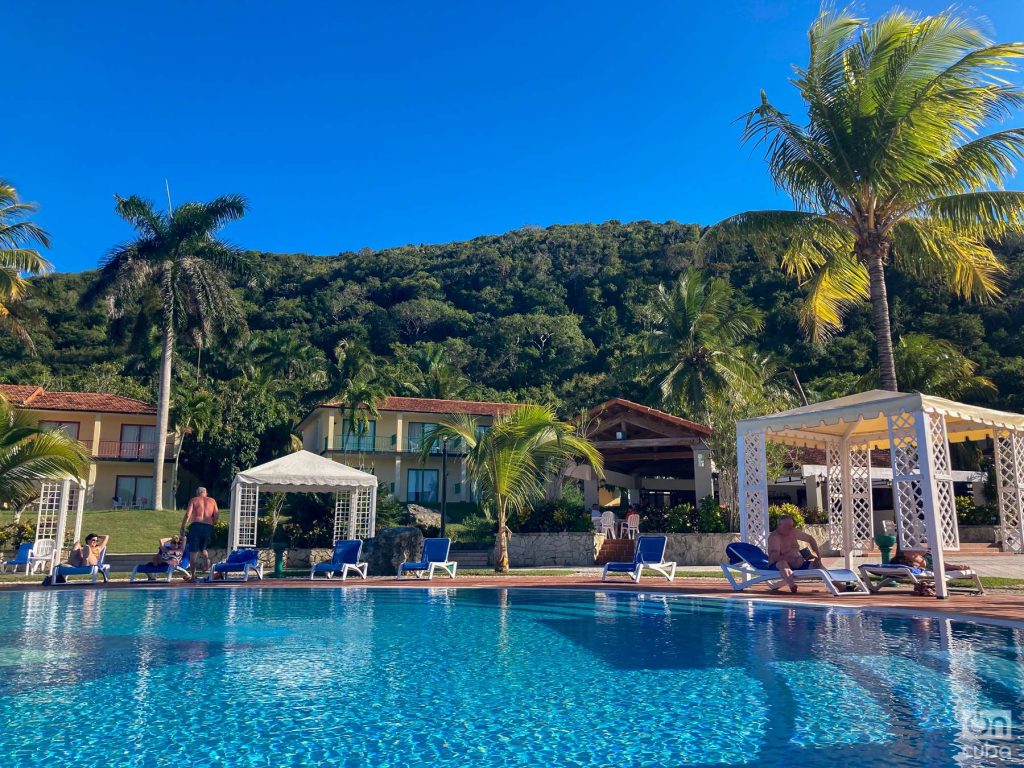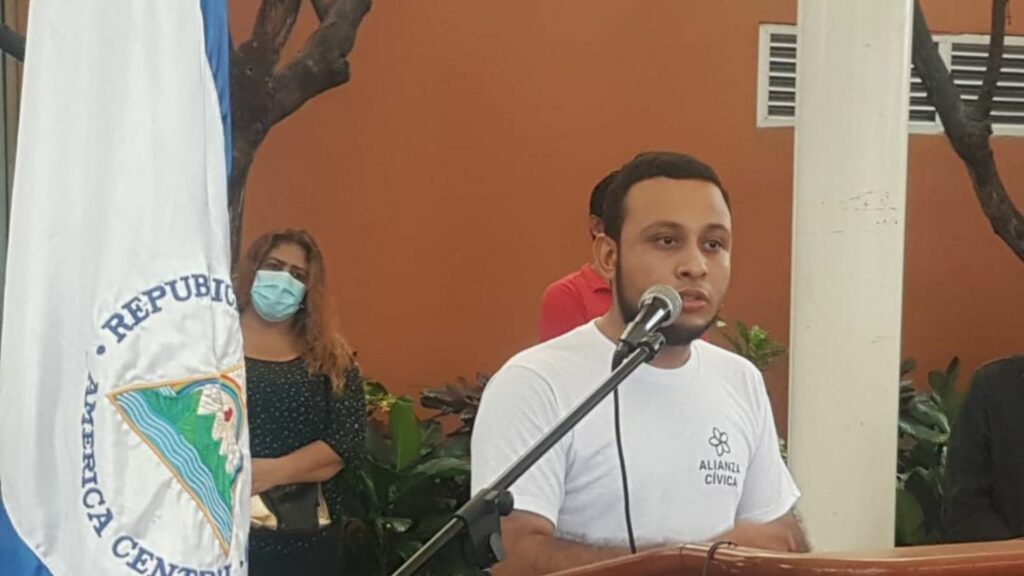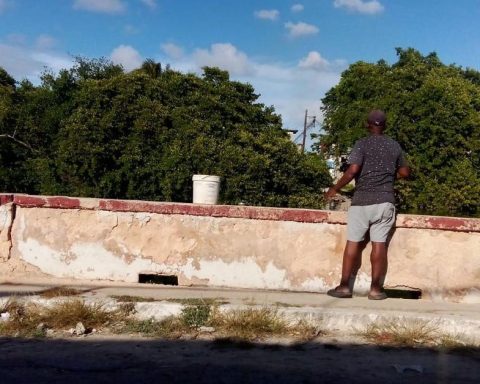Tourism was and must continue to be one of the strategic sectors of the national economy, very few dare to dispute that statement. Tourism was where the transformations began back in the mid-eighties in Cuba. It was the first sector in which a “business” with foreign investment was signed, a hotel that still survives time and still has some workers who have remained faithful to it.
Tourism was also the first sector where a strategy was tested to compete with already established destinations that outdid it not only in experience. Also in hotel and non-hotel infrastructure, in personnel with appropriate skills, in advertising, in access to markets.
They were destinations with better quality products —especially food—, and services of all kinds —from taxis to telephone services— and with knowledge of their issuing markets. youThey have entry and exit facilities from the countries, they have connections to make multi-destination individually. They can compete in prices for most of these services… And, furthermore, they do not carry the pressure of the United States blockade and the constant propaganda against Cuba that seeks to discourage potential travelers and investors.
Tourism in Cuba was also a sector that emerged when the socialist camp was collapsing.
I have wanted to list all these advantages of the competitors, because sometimes it is good to put a face to things.
| Despite the fact that Cuba did not reach the goal of tourist arrivals during 2022, Canadian travelers stopped the crisis to achieve a recovery of more than 200% with just 15.6% hotel occupancy, compared to 2021 when it barely had 5.7% of the rooms occupied. . ♦ see more. |
How was it achieved?
In order to be born and grow facing these obstacles, tourism was also a pioneer in an institutional structure and in a management model that advanced what a few years later all the ministries aspired to be. It became a Ministry with just a few dozen officials that gave their companies and businessmen spaces for action and decision-making. The miracle happened and in a very short time this archipelago became one of the ten most important destinations in the Americas.
It is true that nothing is perfect. It is true that despite having managed to be a factor in the reactivation of the national industry —among other reasons thanks to FINATUR— tomatoes and lettuce “made in Cuba” could not be served to tourists. It is also true that for a long time the potential that the private sector represented to compensate these deficits was wasted. Fundamentally due to obstacles that, to the surprise of many, remain in some way and sometimes in a transfigured way.
thirty five years later
After more than three decades we have a hotel plant that competes in number of rooms with some of the Caribbean islands. However, the occupation is far from that of our competitors.
The question that emerges from this has been asked on many occasions: is it economically sustainable to continue growing in new rooms, when the occupancy rate of the existing ones in the best years of tourist arrivals barely reached 60%?
The other question is mandatory: is it financially reasonable to invest in new rooms when the real rate of return can practically double the time established for the recovery of the investment?
| The total capacity of hotel rooms in the Dominican Republic exceeds that of other countries in the Caribbean and Central American region, with more than 80,000 accommodation units available in 2018 and a hotel occupancy rate above 85%. ♦ see more. |
For a room in a four or five star hotel to be used as such, the hotel must be in operation. That’s why the cost of a room seems so high when looking at a hotel development project. That cost, depending on the project, can be from 100,000 to over 200,000 dollars per room. If the hotel does not work then the room cannot fulfill the purpose for which it was built; let’s say it cannot realize its “use value”.
However, it is curious that other rooms, in hotels that do work, cannot realize their “use value” either because they are “out of order”.
an undesirable pest
Having rooms out of order is one of those plagues that corrodes tourist activity anywhere in the world. The reasons why a room is considered like this are dissimilar, some of them very weighty, such as the deterioration of the air conditioning system.
There may be other causes that seem not to be so decisive, such as a dripping shower, for example, but that ultimately also affect the comfort that the customer aspires to and for which they have paid in advance!
There is no public time series on rooms out of order than the Cuban tourism sector. From memory, I remember that in 2018, in the discussion of the report submitted by the Ministry of Tourism to the National Assembly in December of that year, there was talk of 11,000 rooms in that condition.
The Cuban tourism sector today exhibits an out-of-order number of rooms that is truly impressive: there are around 13,000.
The total number of rooms in the different types of establishments that provide accommodation services was 81,382 in 2021, of them in hotels from one to five stars, 70,000 rooms. It is very likely that in 2022 a few thousand more will have joined; let’s say 2000 more.
In 2018 there were 67 thousand rooms in hotels of all types of stars (private rooms are excluded in these data). So those 11,000 rooms out of order meant 16% of all hotel rooms.
In the year 2022, assuming that hotel rooms have grown in those 2000 that we mentioned before, then those 13,000 rooms out of order could be over 18% of all hotel rooms: almost a fifth!
Already in 2018, the Minister of Tourism declared that in relation to the development of investments “it is not just about building new hotels. Precisely a large percentage of the investment plans approved each year is aimed at modernizing and updating the existing hotel plant”.
Those 13,000 rooms out of order would be equivalent to almost 29 hotels with 450 rooms.
It is true that given the average annual occupancy rate that we have had, those thousands of out-of-order rooms do not have a decisive impact on tourist income, because there is no need to occupy them!
This may be a reason to understand why, even when a lot is invested in each room of each hotel in Cuba, having a high number of out-of-order rooms persistently over time is not a priority concern.
In other words: there are many more rooms available that can cover the “demand” for accommodation of tourists arriving in the country.
However, each room out of order is an asset that is not in a position to recover the money invested in it, for a simple reason, it has lost its use value and it gravitates against the finances of the hotel and against the finances of the country.
Are new rooms necessary?
Nor is it possible to deny that new hotel rooms are needed to modernize the physical plant. Because after several years of operation, some of these hotels and their rooms suffer from moral and material obsolescence, especially because they are far from the new demands of quality standards.
It is striking that with only 15% occupancy, one of the recognized difficulties is the lack of supplies and inputs. What would have happened if it had been 50% occupied?
Paying international and national suppliers must be an inviolable rule. It is also true that tourism is seriously affected by the exchange distortion and its impact on the prices of national inputs.
The contradiction of building more rooms with an occupancy rate that does not exceed 15.6% and also keeping 18% of hotel rooms out of order can only be resolved with tourists!
To do this, many things would have to be rethought, including:
♦ return to the philosophy and practice of that Ministry that was an example in the decentralized management of its companies, including the relaunched closed financing schemes in foreign currency;
♦ more effectively incorporate this new strength that is the non-state sector; make the operation of hotel management contracts more flexible. Why hire the administration service from experienced foreign companies if we don’t let them do what they need afterwards?
♦ promote alliances —public-public, public-private, private-private— among all the actors that are related to the sector;
♦ to recover the carrying capacity of the sector through the “modernization” of the financial scheme that FINATUR used, —or creating a new one that incorporates the new realities of our economy—;
♦ convert each Cuban emigrated into a conscious or unconscious promoter of tourism to Cuba;
♦ promote local tourism and what is local in national tourism, recognizing its spaces and supporting it;
♦ And, above all, improve incentives for workers in the sector because in a “labor market” where new opportunities have appeared inside and outside, they need to feel prosperous if we want to keep them.

















